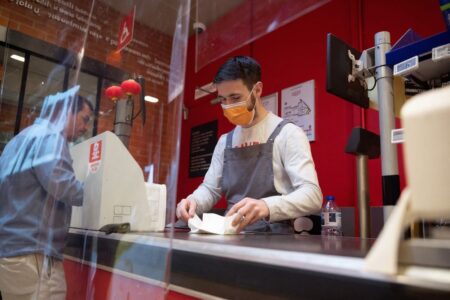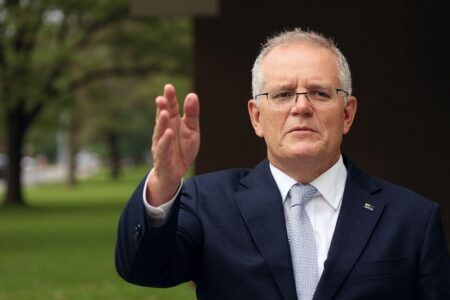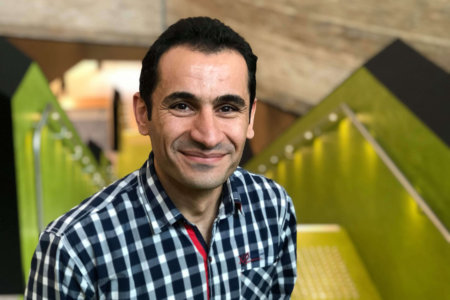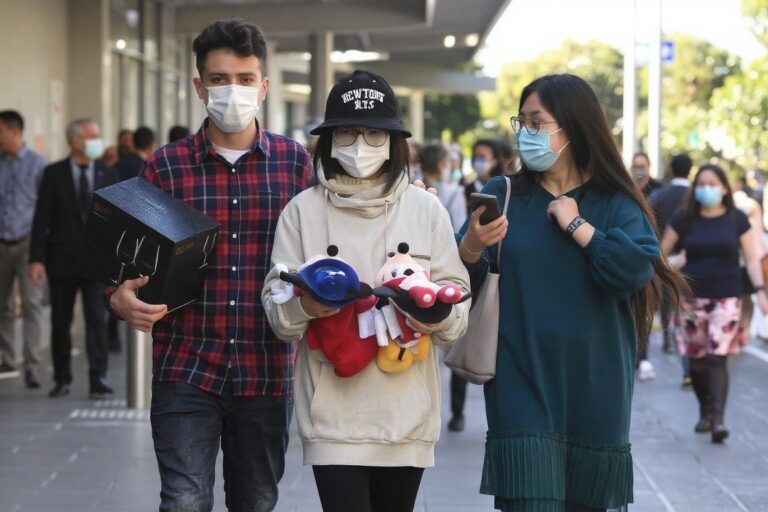
Due to workforce shortages, student visa working hours in Australia was temporarily relaxed, but commentators in the education sector have raised concerns that some students might prioritise work over their studies.
According to reports, COVID-19 had fuelled worker shortages across various sectors.
A notice on the Department of Homes Affairs website notes that the relaxation of student visa working hours applies to all ongoing students as well as new student arrivals who wish to commence a job prior to the commencement of their course.
“This means that international students can work before their course commences and work more than 40 hours a fortnight in any sector of the economy,” it said.
“This is a temporary arrangement and will be reviewed by the government in April 2022.”
The upcoming federal election placed the government in a “caretaker period”, during which policy decisions – such as changes to the rules governing international students – are normally avoided, said a report by Times Higher Education (THE).
As such, international students in Australia can expect to enjoy unlimited working hours until at least June.
“As such, this temporary measure will be reviewed following the outcome of the federal election…on 21 May,” a Department of Home Affairs spokesperson was quoted saying by THE. “In the meantime, student visa holders can continue…with unlimited work rights.”
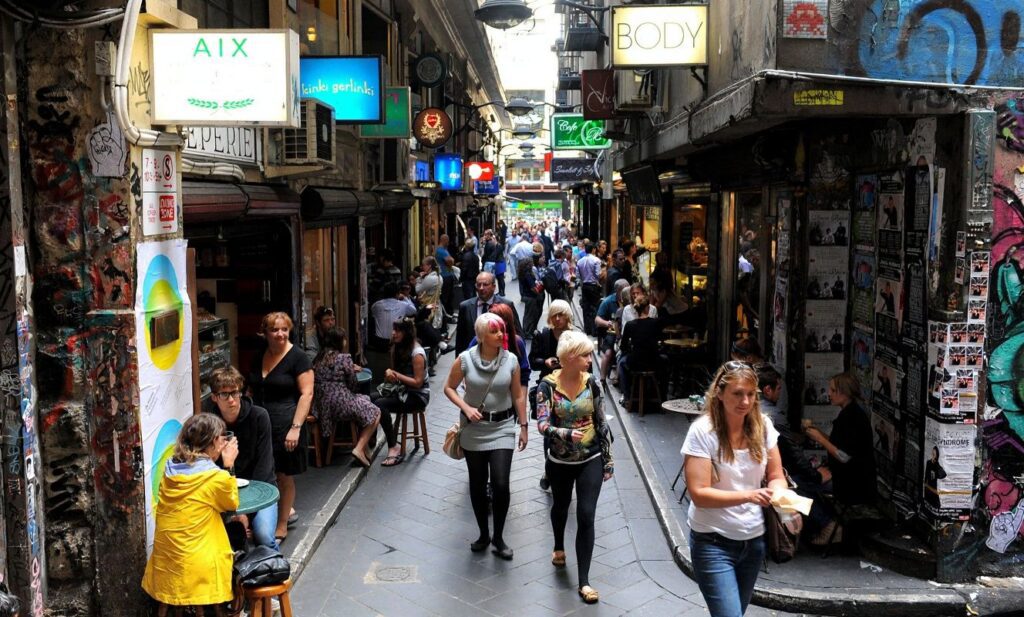 Due to workforce shortages, there is a temporary relaxation of student visa work limits to all sectors of the economy, notes the Department of Home Affairs.
Due to workforce shortages, there is a temporary relaxation of student visa work limits to all sectors of the economy, notes the Department of Home Affairs.
Pros and cons of unlimited student visa working hours
Under normal circumstances, student visa holders can only work 40 hours per fortnight.
Employers warmly received the announcement regarding the relaxation of student visa working hours in the country, but commentators have raised concerns that some students might prioritise work over their studies.
Migration expert Abul Rizvi suspected that the change was made to appease “tourism, hospitality and the big general business lobby groups, who keep complaining about labour shortages”, said the report.
“Undoing the policy would make these groups very angry, even if it undermines the quality of overseas students we attract and the quality of education we deliver. Both major parties will be reluctant to undo this or indeed even signal an intention to undo it during the election campaign,” he said.
The International Education Association of Australia (IEAA) chief executive Phil Honeywood opined that students’ employment rules would not be a priority for the winner of the May poll. “The federal government should have anticipated that because of election timing, no effective review would take place until June,” said Honeywood.
He added that this would equate to a full semester of many international students being under family pressure to work over 100 hours a week not just to support themselves, but to send money back home.
“The national regulators are no doubt keeping a watchful eye on the academic progress implications of students being compromised by paid employment pressures,” said Honeywood.
Consultant Robert Griew said, “At a time when the Australian economy is screaming about labour shortages, we should consider encouraging young people who we’ve educated to make a life here and fill professional roles that we badly need.
“If you look at our history as a nation and an economy, bringing in people with skills we need has not gone badly for Australia.”
Previously, Council of International Students Australia (CISA) president Oscar Zi Shao Ong told ABC News that many students would welcome the government’s decision.
He cautioned, however, that international students already spend about 40 hours a week at university, and lumping a bigger workload on them to fill the labour shortage would place additional pressure on students already trying to meet university deadlines.
There are also concerns that working more hours could put students at a greater risk of catching COVID-19. “Then who’s going to be responsible to take care of them, if international students fall sick?” he said.








